The ocean ecosystem is having a break. As the entire planet goes through one of the largest pandemics in decades, something very interesting is happening. The birds seem to sing more, and nature begins to grow and take over in places and forms that we did not imagine.
Dolphins in Italy and wild ducks in Rome were not seen for a long time. The lakes seem cleaner and sun can be seen in many cities like never.
The ocean ecosystem is also enjoying this break, caused by an invisible but powerful virus that has turned the world upside down.
Human beings have always been a threat to nature. The technology and industry that benefits our existence, hits hard and deteriorates the natural world more and more.
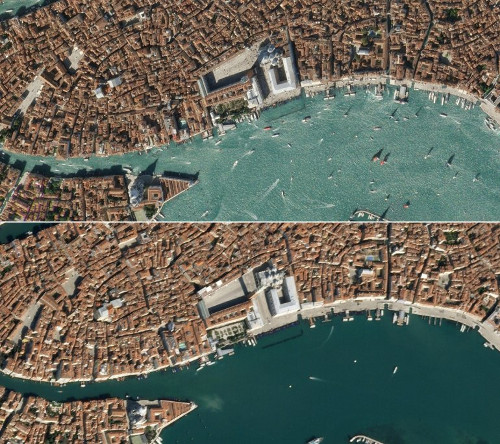
But what happens when cars stop and flights are reduced or when tourism disappears for a time and hundreds of industries close their doors? For us, certainly a chaos. For the environment, a joy.
The ocean ecosystem takes a break
The ocean ecosystem has been one of the great beneficiaries of the pandemic caused by COVID-19, since the seas are usually the final destination of a large part of our garbage and the beaches are the biggest tourist attractions.
Let’s look at some of the benefits resulting from the restrictions and measures established by governments, which positively impact the ocean ecosystem.
Tourism decreases in protected areas
Tourism represents a great opportunity for the development of a protected area, but at the same time it constitutes a threat to its conservation, especially when control and planning is poor.
An excessive number of visitors or recreational activities can cause a negative impact and wear out the ecosystem.
The temporary closure of hundreds of National Parks and Biological Reserves around the world, to avoid crowding, has allowed these places to recover and enjoy our absence for a short time.
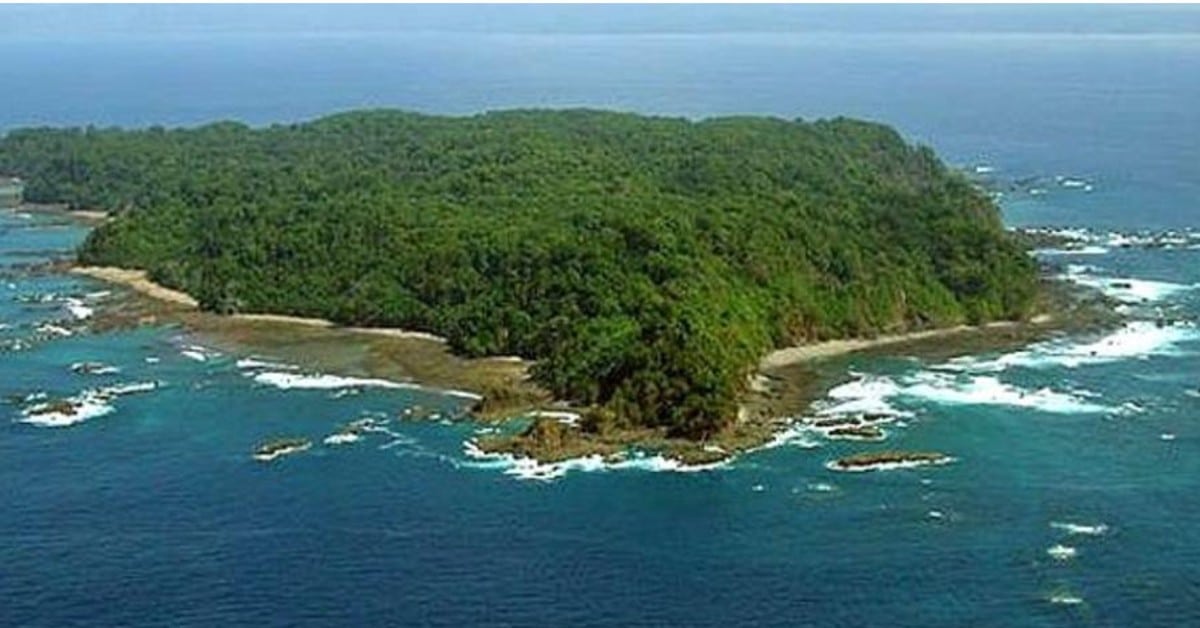
Caño Island Biological Reserve
Check this out: Drone footage at Caño Island, the best diving place in Costa Rica.
A great example of this is Cano Island,Costa Rica. A beautiful biological reserve protected by the government and visited by divers from all over the world.
Although visits to the island are strictly regulated in terms of permitted activities and number of people, the fact of being closed to the public during the time of the pandemic has represented an additional break for the marine world.
Less pollution on beaches and estuaries
According to United Nations data, 13 million tons of plastic are thrown into the sea each year, which represents 80% of all waste. A large amount of this waste reaches the sea through rivers, contaminating estuaries, beaches and reefs. This has a direct impact in the ocean ecosystem.
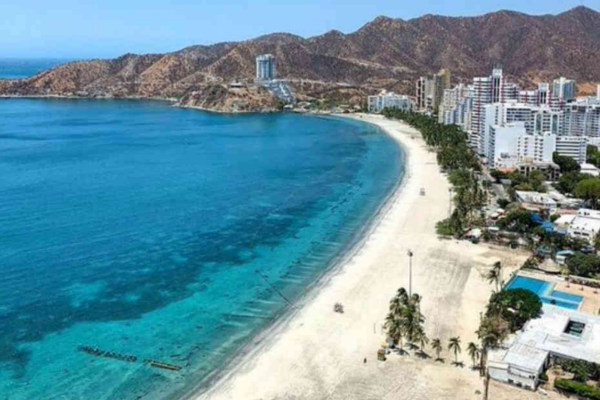
Empty beach due COVID-19
The reduction of commercial activity and tourism on the beaches, as a result of the pandemic caused by COVID-19, is generating less pollution on the beaches and estuaries.
In some Colombian beaches, for example, the water looks clean and crystalline and there is a greater amount of marine life.
Decrease in the amount of toxic dumping into the sea
Another aspect that has greatly benefited the ocean ecosystem is the reduction in the amount of toxins entering the sea. This is mainly due to the decrease in industrial activity and the reduction of landfills in rivers.
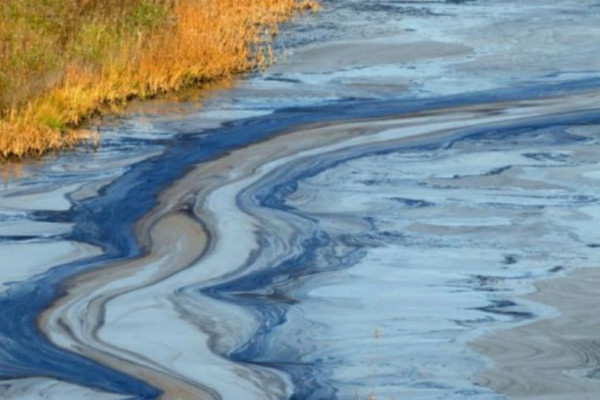
Toxic spilled into the river
The number of boats is also less, which contributes to reducing contamination of the water by fuels or oils. Although this is observed and punished by law, many ships in the world do not obey regulations. Many of them do not provide adequate maintenance to avoid contamination.
Temporal joy for the ocean ecosystem
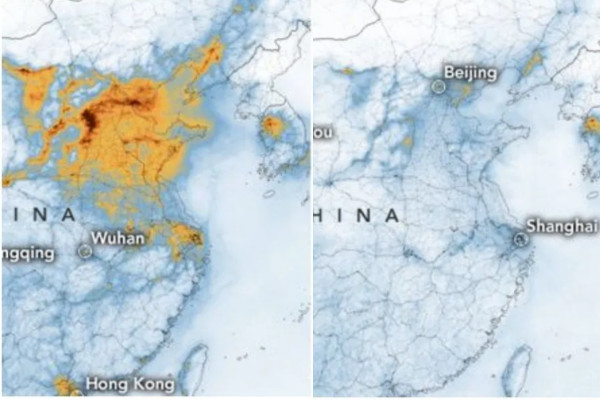
Unfortunately, we know that this wonderful break is temporary for the ocean ecosystem. COVID-19 will pass, as have other diseases and pandemics in the past. But the problem of environmental pollution and climate change remains.
Pollution in China before and after quarantine. Nasa photo.
This time it was a virus that opened the opportunity for the ocean ecosystems to take a break. Hopefully, next time will be ours who take the initiative.
We can recover the environment. We should learn this lesson and realize that this is not impossible.
